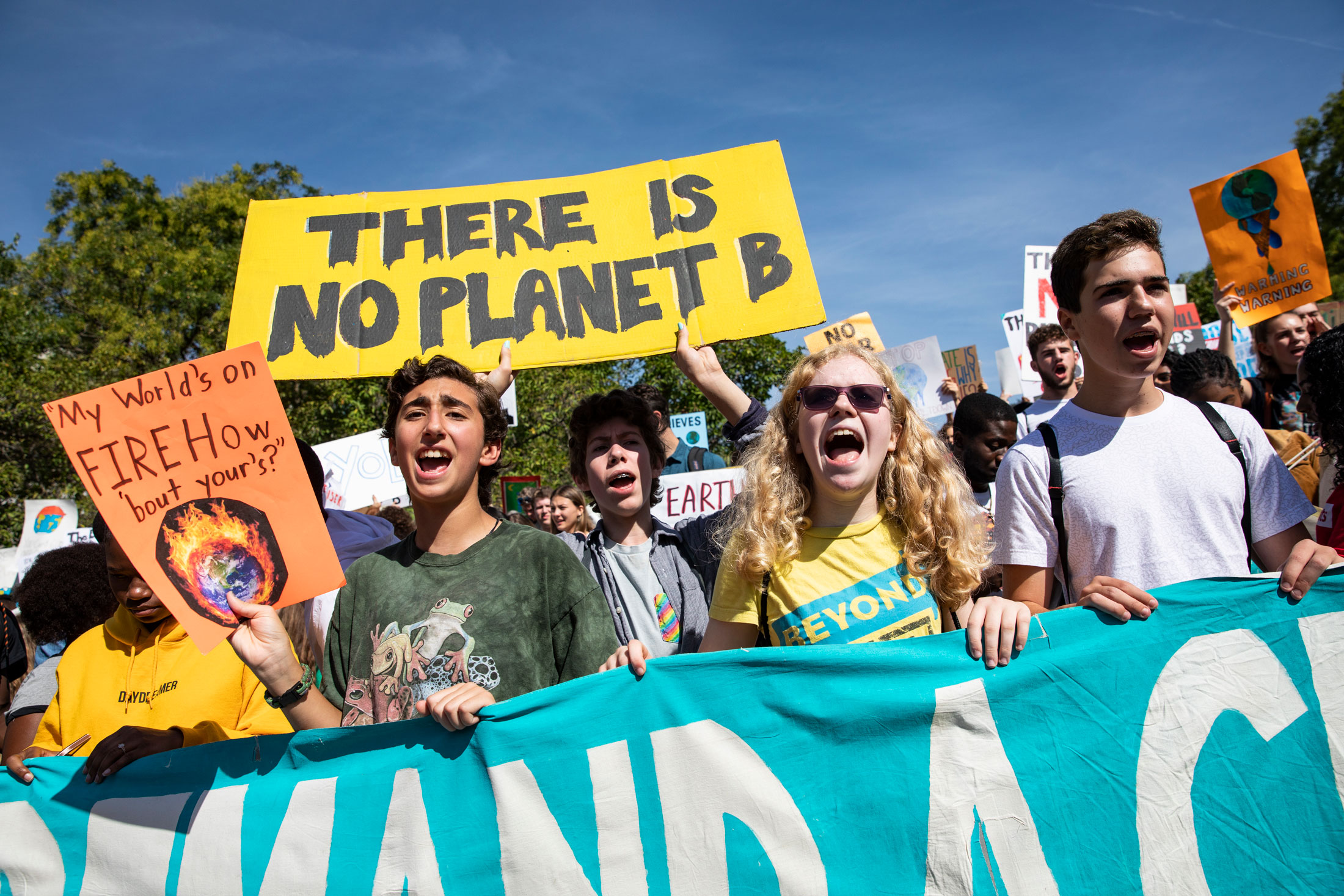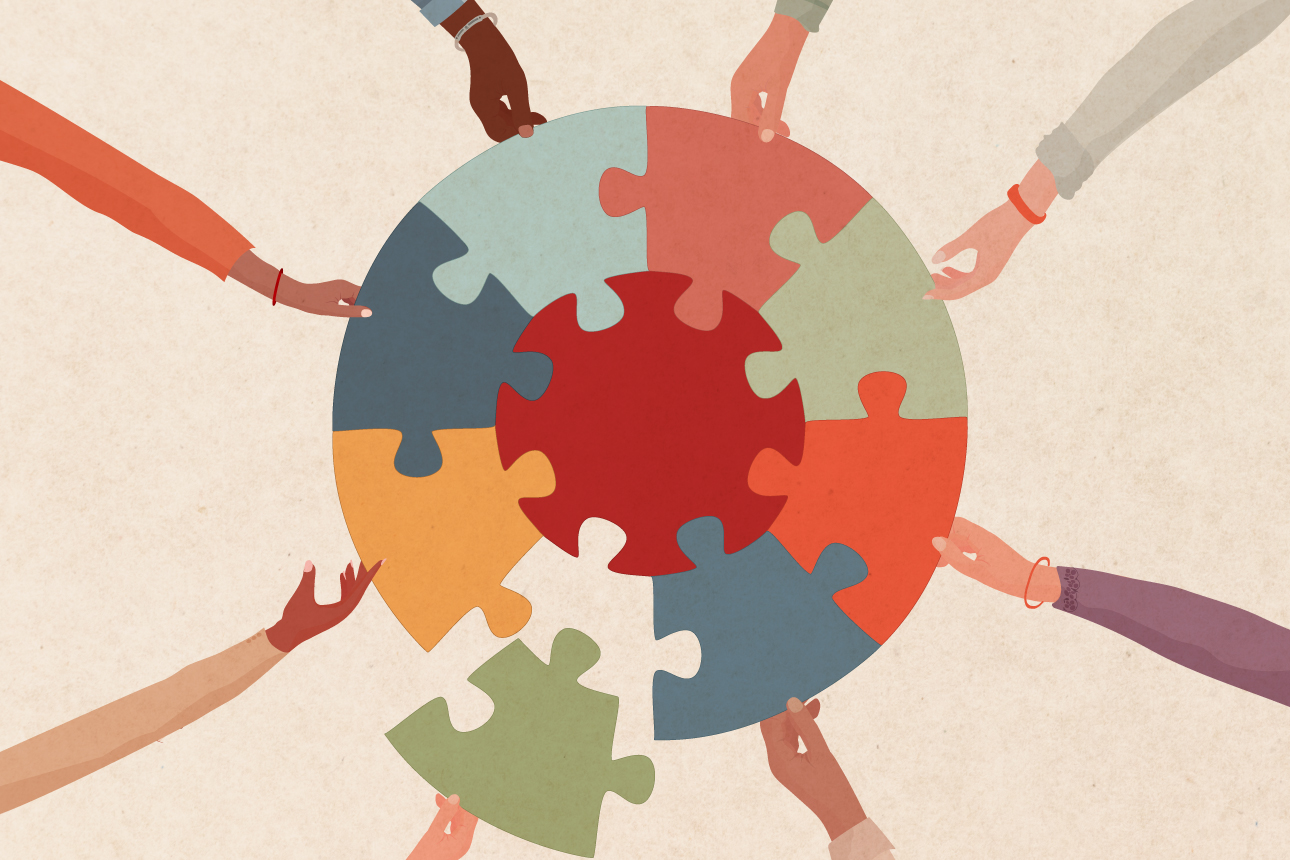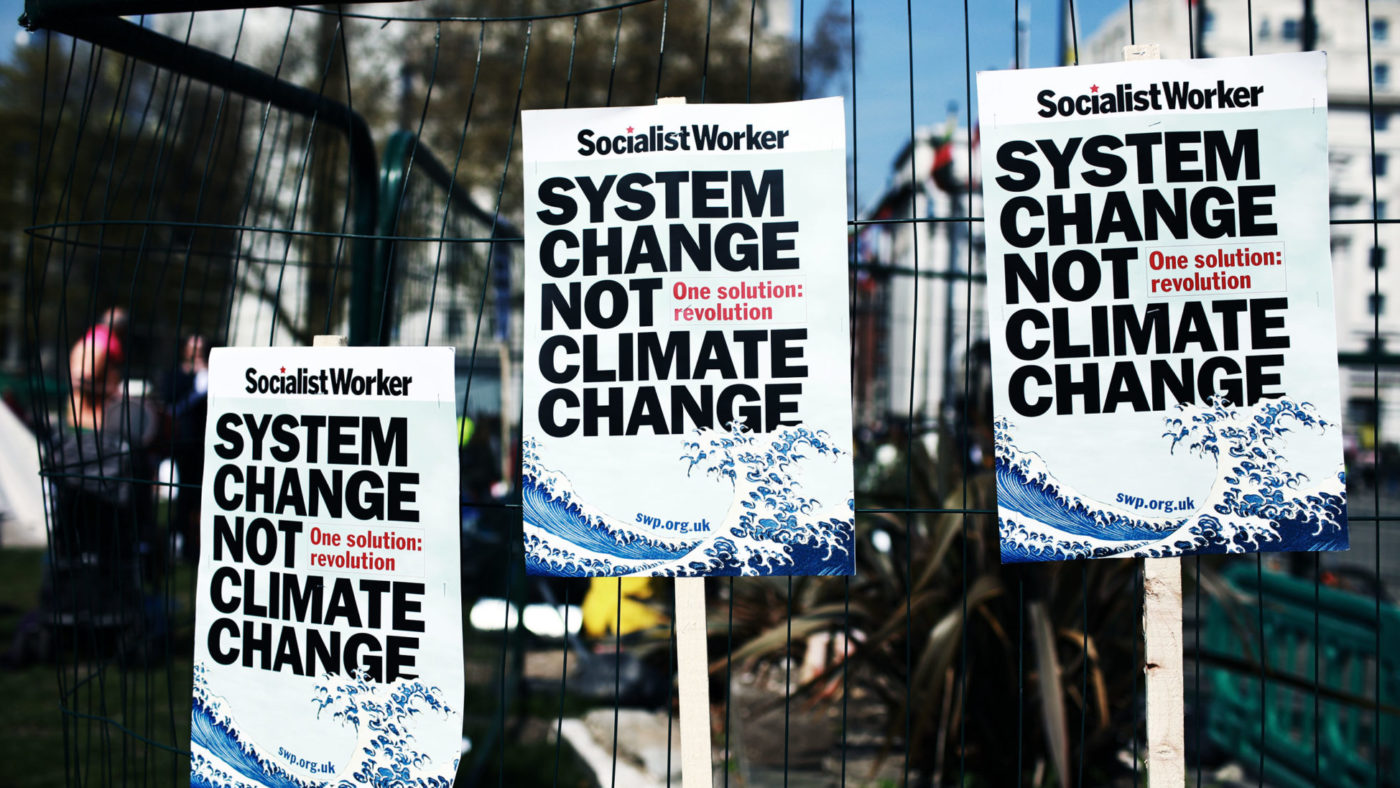Taking this class was honestly surreal. At no point in my academic life have I ever engaged in death in such a rich and generative way. Through our discussions and the weekly readings as well as our action project, I’ve began to find the answers to the multitude of questions that kept arising:
Why do I feel this helplessness/lack of control in the face of global catastrophe and death?
What is my true relationship to the earth and the earth’s system, and how am I impacting it?

The Overwhelming Feeling of Helplessness –Image credit: https://i0.wp.com/lakesidelink.com/wp-content/uploads/2019/10/bigstock-Stressed-Man-Sitting-On-Floor-289059874.jpg?fit=838%2C1024&ssl=1
I was able to understand that the topics that we discussed such as climate change and death as multi-dimensional: the issues permeate into social, political, and economic issues as well. Some examples includes death anxiety and political polarization, climate justice and environmental racism, disillusionment in our political institutions, and even contextualizing ourselves in the grand cosmic scheme of things.
Working through the action project allowed me to process these issues in a very productive way. Our group was tasked with design five social media posts to promote the campaign’s platform Working with WashPIRG: Save the Orcas was both an enlightening and insightful experience. Since this type of work was something I’ve never really done, it was great to learn what works and what doesn’t. The entire StO campaign was just getting started, and while that may explain some of the disorganization that my group experienced, it was nevertheless a point of frustration. Furthermore, I felt that the project that we were given to do wasn’t “enough.” I guess I didn’t really know what I expected, but given the topics that we discussed, I began to feel a sort of obligation to make real change during the class. I questioned all of my own choices and how I could not only change myself but my environment. Although the social media campaign did achieve the goal of promoting StO’s platforms and disseminating information, I felt like it didn’t do enough. Perhaps I envisioned this action project as my own immortality project, and doing what we did felt somewhat “incomplete,” which in a way felt like I wasn’t able to cement my legacy. Nevertheless, I felt that I was able to navigate some of the important themes that we had discussed all quarter in the action project.

Protesters at a Global Climate Strike protest –Image Credit: 2019 Getty Images











